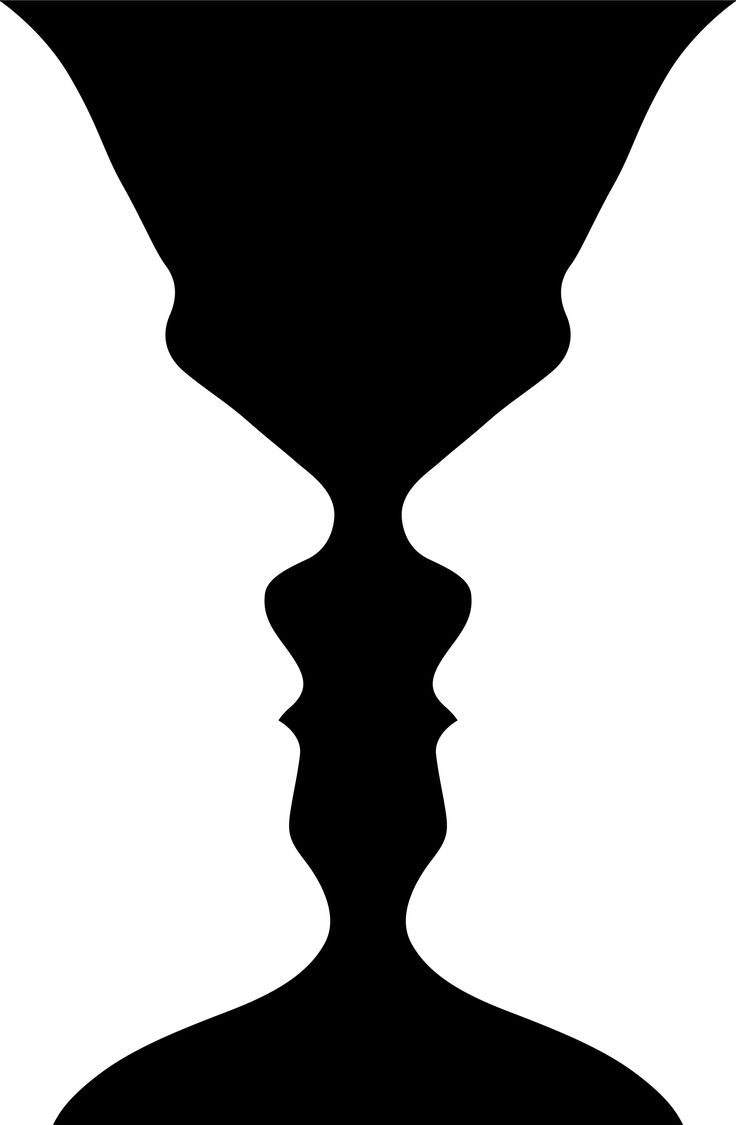See Through These Illusions

Think back to grade school where we first learned about the senses – sight, smell, touch, taste, hearing. Just the five, right? A sixth sense would be paranormal! There's even a famous movie about it (I won't spoil the ending, don't worry)!
Turns out that's not entirely true. There are many more senses than this, and we can prove it with some simple exercises, right now.
Close your eyes and touch the tip of your nose with your finger. Could you sense where your nose and line it up with your finger without using sight? I'll bet you hit the bullseye with your finger the first time.
Knowing where your limbs are, and how they relate to the rest of your body, is called Proprioception (or Kinesthetic sense).
Have you ever been absorbed in a task and then realised you were running late for something, without even looking at a clock?
The passage of time is a sense called Chronoception.
Do you need to use the restroom?
Knowing if you have to use the restroom, or if you lungs are full and you have to exhale, is part of a group of senses called Interoception.
There are even more senses out there, like the sense of balance (knowing if you're standing up straight), personal space (how you can tell if someone is standing too close even with your eyes closed), etc.
Pretty cool, right? Being human seems almost, well, superhuman, when you really think about it!
However, the downside is that your brain can be fooled by your senses – it fills in gaps to make meaning of information it receives from them – so having more senses means more chances that your brain can be tricked by an illusion.
The classic example of this is an optical illusion. Look at the image below. Is it a vase or two faces?
Technically, it's both, but your brain will use sight to try to isolate one or the other, unless it has other information to fill in the gaps. Since you already knew it was one or the other from the intro above, you were able to look for, and hopefully see, both. This shows that by being mindful of what you are doing, and receiving objective information to analyse what your senses are telling you, you can keep yourself from being fooled.
As musicians, and bagpipers, we use many of our senses.
We use proprioception to know where our drones are sitting on our shoulder (and to know instinctively whether or not they're going to hit that doorway on the way into the pub!), and where our feet are landing on the ground while we're staring ahead on the march.
We use chronoception to keep a steady beat and decide how much time is passing between each note relative to that beat.
We obviously use our sense of sight to see where our pipes are (ever 'eyeballed' where your drones are sitting on their tuning pins, or checked whether your bag was zipped up properly?), and our sense of touch to feel whether there's enough pressure in the bag or know which holes to cover with your fingers.
And of course, we use our sense of hearing constantly to listen to our tuning, melodies, and tone.
So where can our senses fool us in piping?
Here's an example – if you are playing a tune, in the zone, you might think you're playing every note flawlessly according to the music you're reading in your head, or think your blowing is as steady on the competition field as if you'd been staring at a manometer in your living room.
The problem is, you might not actually be playing those notes, or actually blowing at the sweet spot. Your brain is playing music that it thinks your fingers are keeping up with, or sending signals for your arm and lungs to keep up consistent pressure throughout the blowing cycle, but if you listen back after the fact, you may hear something entirely different (and that perhaps matches up pretty closely with the judging sheet you were outraged to receive or the critique you may have thought was too harsh).
This is one of the reasons it's important to regularly record yourself practicing and competing, and listen back to challenge your perception of what you heard with an objective account of what you actually played.
It's also a great reason to have an impartial (and informed) listener, like a tutor, instructor, or another piper, who can listen to your piping and point out things you may miss as you're playing through.
Don't despair, though – knowledge is power!
Trusting our many senses is essential for our survival, but they can also play tricks on us if we're not careful. Always be aware that things might not be as they seem, and use the objective tools at your disposal to critique your playing and make adjustments to what your brain thinks is right, with what actually is.
As always – recording yourself is an invaluable tool for improving at the bagpipes.
Take Action
Get our up-to-date tips on the best equipment to use for recording bagpipes.
If you're a Dojo student, make sure you've worked your way through our 11 Commandments of Mastery course, which covers the benefits of recording yourself in depth.
If you're not yet a Dojo Student, we'd love to welcome you! You can take the 11 Commandments course, which covers recording and 10 other essential mindset shifts to prepare yourself for mastery, or view our monthly membership options and join us as a student, where you can receive regular expert critiques on your recordings with hundreds of other pipers around the world cheering you on!







Responses